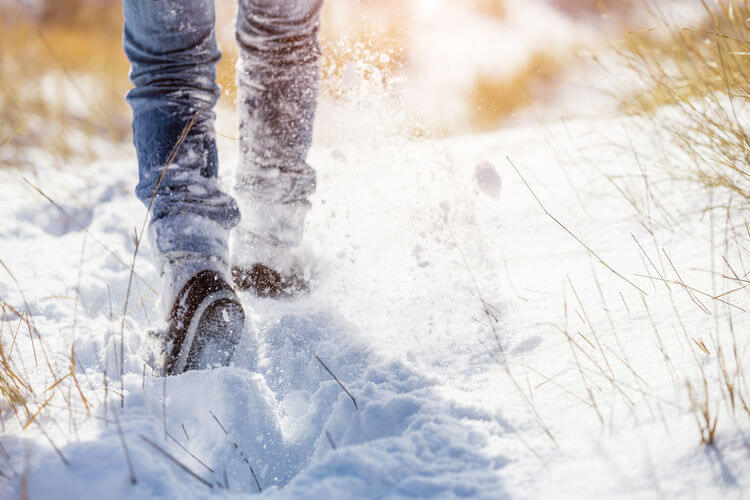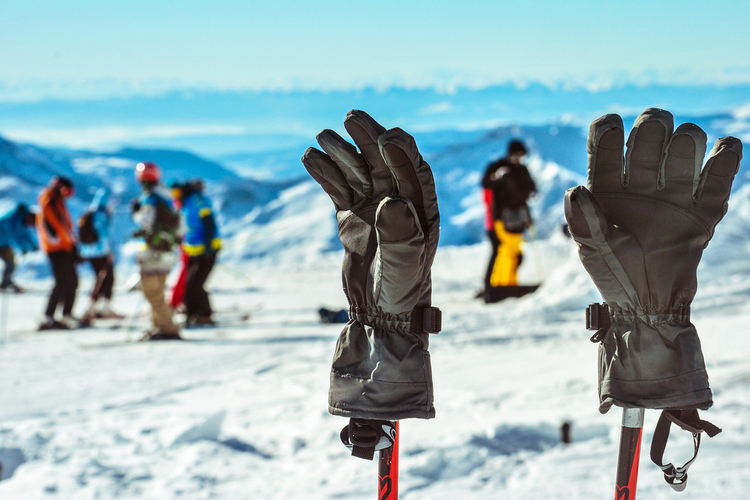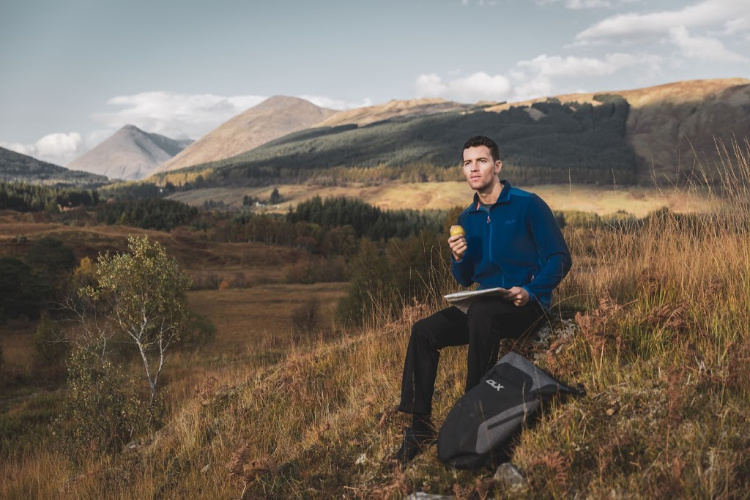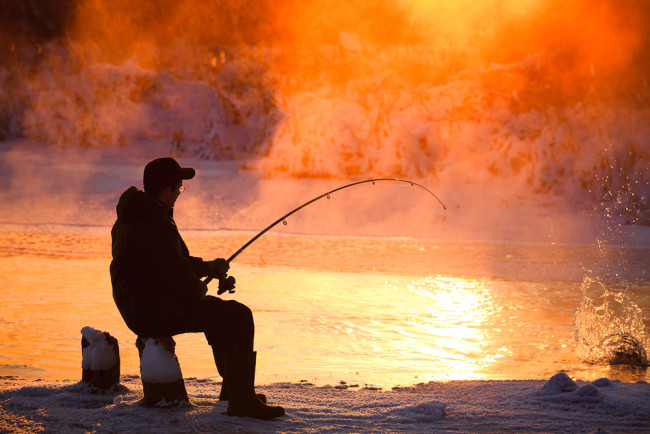
It's that time of year again. The nights are drawing in, and winter is well and truly on its way. Time to hang up the rods and pack up the fishing gear for another year, right? Wrong! Winter is one of the best times to be out on the banks. And with these winter fishing tips, it won't be long before you're hooked.
1. Wrap up warm
It may seem obvious, but one of the biggest mistakes people make when fishing during the winter is wearing the wrong kind of gear. Most anglers end up freezing their backsides off and abandoning their session early, having caught nothing but a cold.
The warmer you are during your session, the better you'll fish. So it's important to layer up and keep your body insulated. Following these simple layering steps will help you stay nice and snug:
- Base layers - Your first layer starts next to the skin, with a base layer. Base layers are designed to trap a thin layer of warm air against the body, and also works to pull sweat away from the skin. For your base layer, avoid cotton and go for a merino wool or synthetic fabric.
- Mid layers - Next, you'll need a a comfy mid layer such as a thin fleece or wooly jumper. This can always be removed if you get too warm.
- Insulated jacket - Insulated jackets are good for maximum insulation, without the need for too much breathability. Go for something waterproof, that has a fleece lining.
- Footwear - Don't forget to keep your feet warm, too. A good-quality pair of Wellington or thermal boots should do the trick. Oh, and don't forget a pair of thick socks. See our entire range of footwear.
- Hat and gloves - Another way to trap heat is to wear a hat. Go for a fleece or wooly hat over a baseball cap. Gloves are also important, and a pair of fingerless gloves are the most convenient, especially when you're handling rods.
2. Stay sheltered
Some people don't like the added weight of carrying a shelter, preferring to stay mobile and use a brolly to protect them from the elements instead. However, for cold winters, especially during overnight sessions, a good quality bivvy or shelter is absolutely vital to protect you from the freezing winter temperatures and biting winds.
These days, most shelters are quick and easy to erect, and offer excellent stability even in the strongest winds. If possible, you should also purchase a winter skin for your bivvy to increase warmth and eliminate condensation.
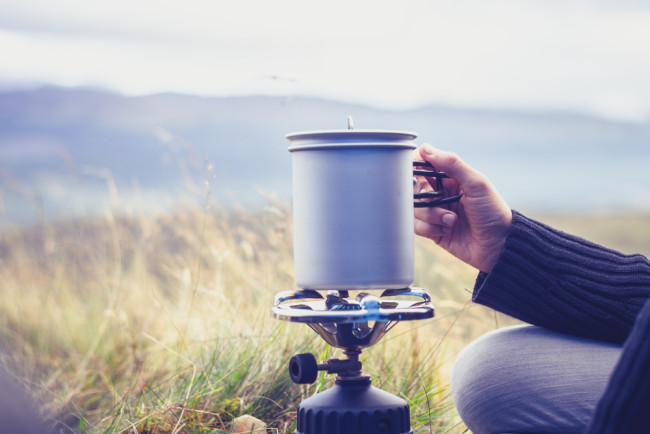
3. Food for thought
Another vital ingredient for a successful winter fishing session is plenty of warm food and drink. It's amazing what a nice slurp of hot soup can do for your spirits.
Although you don't want to be carrying any excessive weight, you should always try and pack a good quality steel flask of hot tea, coffee or soup. When it comes to bankside cuisine, ditch the bulky camping stove and go for a compact burner instead. Dried packet mixes are easy enough to cook, and make for a nice hot meal.
4. Great winter bait
During the colder winter months a fish's metabolism slows right down, meaning they require much less food and will become less attracted to your bait. So you may need to alter your bait a little in order to encourage them. These great baits will help you catch even the most stubborn of fish:
- Salt - Adding a little sea or rock salt to your bait is a great way to get maximum attraction in cooler conditions. Just add a sprinkle to maggots, casters, pellets or corn.
- Maggots - If you're fishing for carp, a mesh bag of maggots, along with a bunch of grubs on a hair-rigged maggot clip, is one of the most reliable winter carp tactics.
- Spices - Spicy flavours have long had an association with winter fishing. A sprinkling of turmeric on your maggots or a touch of turmeric on corn is a great way to spice up your bait.
- Peperami - These little spicy sausages are perfect for winter fishing. They're highly attractive to carp, chub and barbel. For maximum effect use small chunks with a scaled down line and small hooks.
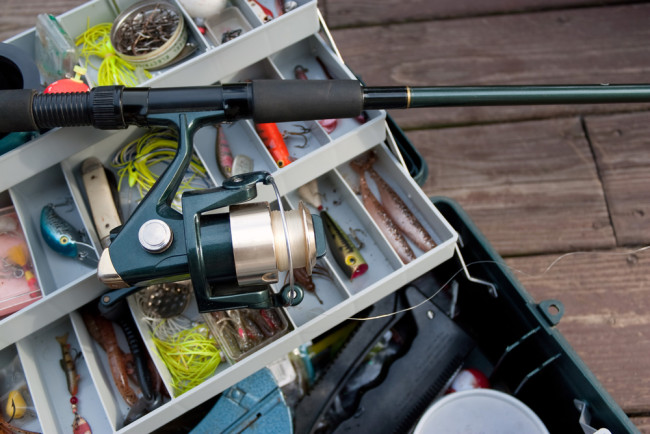
5. Choose the right tackle
In winter the waters become much clearer. This means fish rely on their vision more than their other senses, and can spot potential threats more easily. For that reason, you might want scale down your tackle – drop a hook size, or use a lighter breaking strain hook link to combat the clear water conditions and prevent your trap from being seen.





